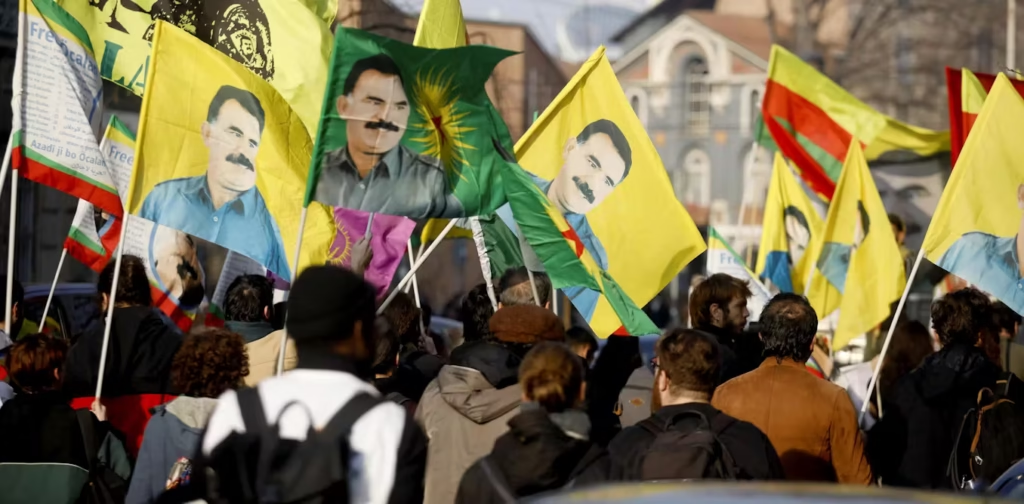In a landmark development, the Kurdistan Workers’ Party (PKK), a militant group that has waged an armed struggle against Turkey for over four decades, announced its decision to dissolve on Monday. The move could mark the end of a conflict that has claimed more than 40,000 lives and cost Turkey an estimated $300–450 billion.
The announcement, influenced by the group’s imprisoned leader Abdullah Ocalan, stated the PKK will cease all armed activities and instead pursue the Kurdish cause through democratic and political means. This shift follows a ceasefire declared in March and renewed calls from Ocalan for disarmament.
While the PKK emphasized the importance of rebuilding Turkish-Kurdish relations amid changing regional dynamics, it provided no clear timeline or details regarding the disarmament process or the status of its affiliates in Iraq, Syria, and Iran.
The group urged the Turkish government, led by President Recep Tayyip Erdogan, to engage in a “peace and democratic society process.” The Turkish presidency welcomed the move, labeling it a milestone in the country’s push for a “Terror-Free Turkey.”
Omer Celik, spokesperson for the ruling AK Party, noted the decision could usher in a “new era,” provided it is fully and sincerely implemented.
Despite the announcement, skepticism remains due to past failed peace initiatives and ongoing state crackdowns on pro-Kurdish political groups. The situation is further complicated by the Syrian Democratic Forces (SDF), a PKK-linked group in Syria, which has denied that the decision affects them.
In Diyarbakir, a Kurdish-majority city in southeastern Turkey, reactions ranged from cautious hope to uncertainty. Kurds make up approximately 15–20% of Turkey’s population.
The international community, including the European Union, praised the decision as a significant step toward regional stability. A widely shared post on X (formerly Twitter) captured the sentiment: “PKK’s dissolution is a historic step for peace in Turkey and the region.”
However, the long-term success of this development depends heavily on how disarmament is managed and whether genuine political reconciliation can be achieved.

